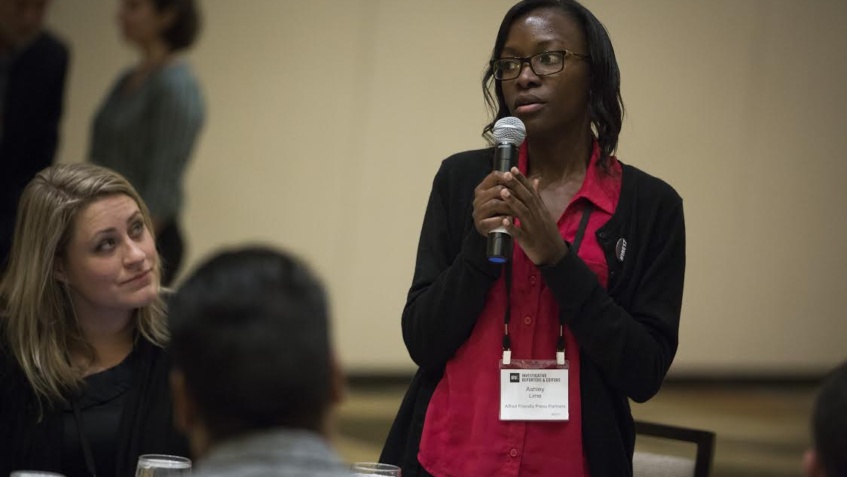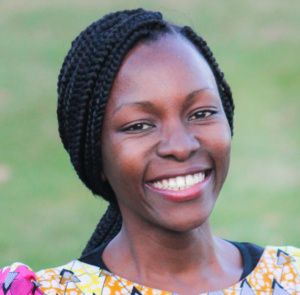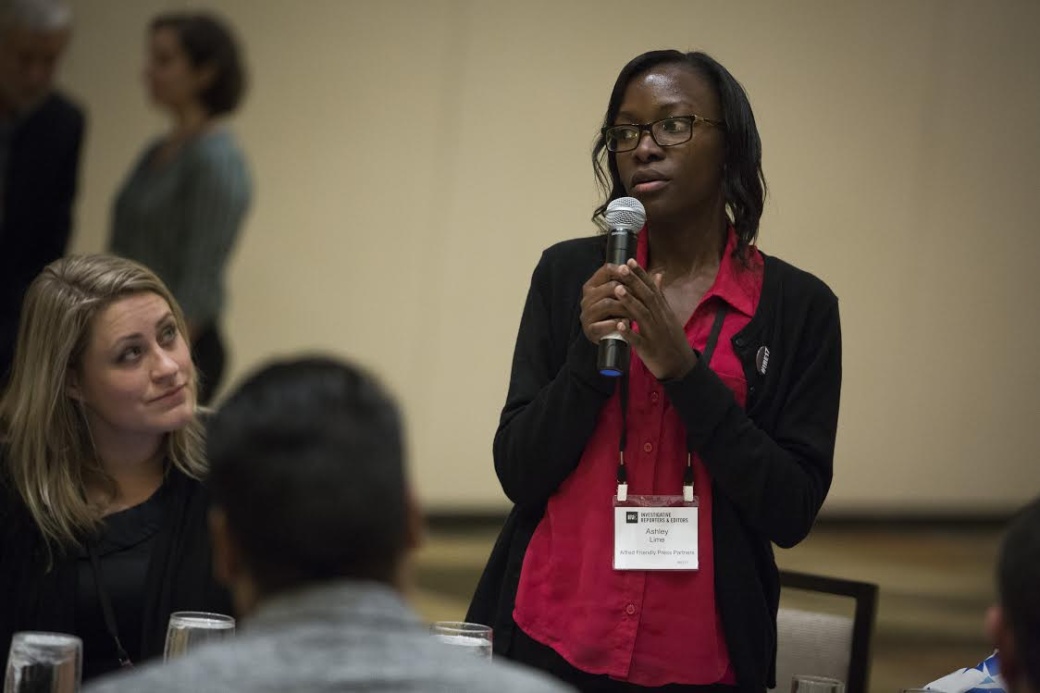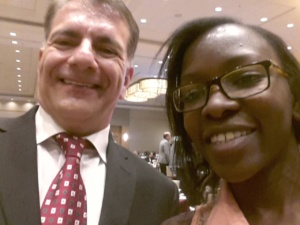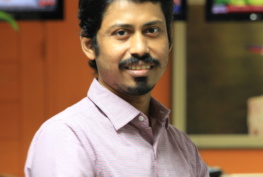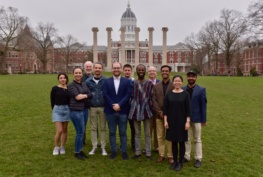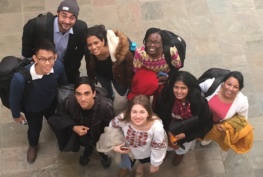I discovered something both surprising and shocking at the annual Investigative Reporters and Editors conference in Phoenix, Arizona: Out of more than 1,500 journalists from across the globe at the event, I may have been the only African.
This was at least evident at the international luncheon, when journalists from outside the United States introduced themselves and the media houses they worked for.
Journalists were huddled like government delegates from their respective countries. It wasn’t hard to notice the huge representation from particularly Ukraine and Canada. I attempted to look for Africans but didn’t personally meet anyone from my continent.
I was able to attend the IRE conference because I was already in the United States as an Alfred Friendly Fellow, working at the St. Louis Post-Dispatch, and I was awarded a Philip L. Graham Diversity Fellowship.
I was driven by a passion to learn from the very best in investigative reporting. However, this was a bittersweet experience.
Sweet because it was a privilege it was for me to be attending an international event that shapes global investigative journalism by influencing the trends and styles in the coverage of this critical area. Watching the IRE awards ceremony where Nikole Hannah-Jones of The New York Times Magazine was the keynote speaker was phenomenal.
I learned from other showcase panel speakers such as Richard Greenberg of NBC News, the New York Times’ Marc Lacey and Monika Bauerlein of Mother Jones about how journalists face challenges in their pursuit of truth in a landscape tarnished by a president who openly discredits the media and a public that no longer trusts the news. The panelists hoped to encourage journalists to champion the truth in an era clouded by uncertainty.
Paula Lavigne of ESPN, Michael Rezendes of the Boston Globe, Jay Rosen of New York University and Brian Ross of ABC News were among more than 250 other high-level presenters out to help journalists improve their watchdog skills.
Tech-savvy journalists shared knowledge with their colleagues on how to use tools such as Tableau and Python to enhance their reporting.
The bitter part is that I kept on asking myself why Africa was underrepresented.
The continent needs to be part of this high-profile gathering in order to compete on a level-playing field with international journalists.
The conference is also a good platform to network and collaborate.
My mentor at IRE, Emilia Diaz-Struck of the International Consortium of Investigative Journalists, explained to me that by having African journalists participate in networks across the world, they could work together on journalism projects that affect their respective countries.
During the conference, Emilia and her ICIJ colleagues were awarded for the Panama Papers project.
Articles from the project coordinated by ICIJ were written by several hundred journalists from more than 100 news outlets around the world, a demonstration that international collaboration works.
Working on investigative projects in Africa can be challenging and complex, partly due to financial constraints. Public records are usually nowhere to be found. Such information is neatly tucked away from the prying eyes of journalists.
Investigative journalists in Africa face huge risks, with government and laws barely protecting them. Nevertheless, African media needs to invest more in investigative journalism in order to be at par with the rest of the world and learn skills to help them break through the official barriers.

